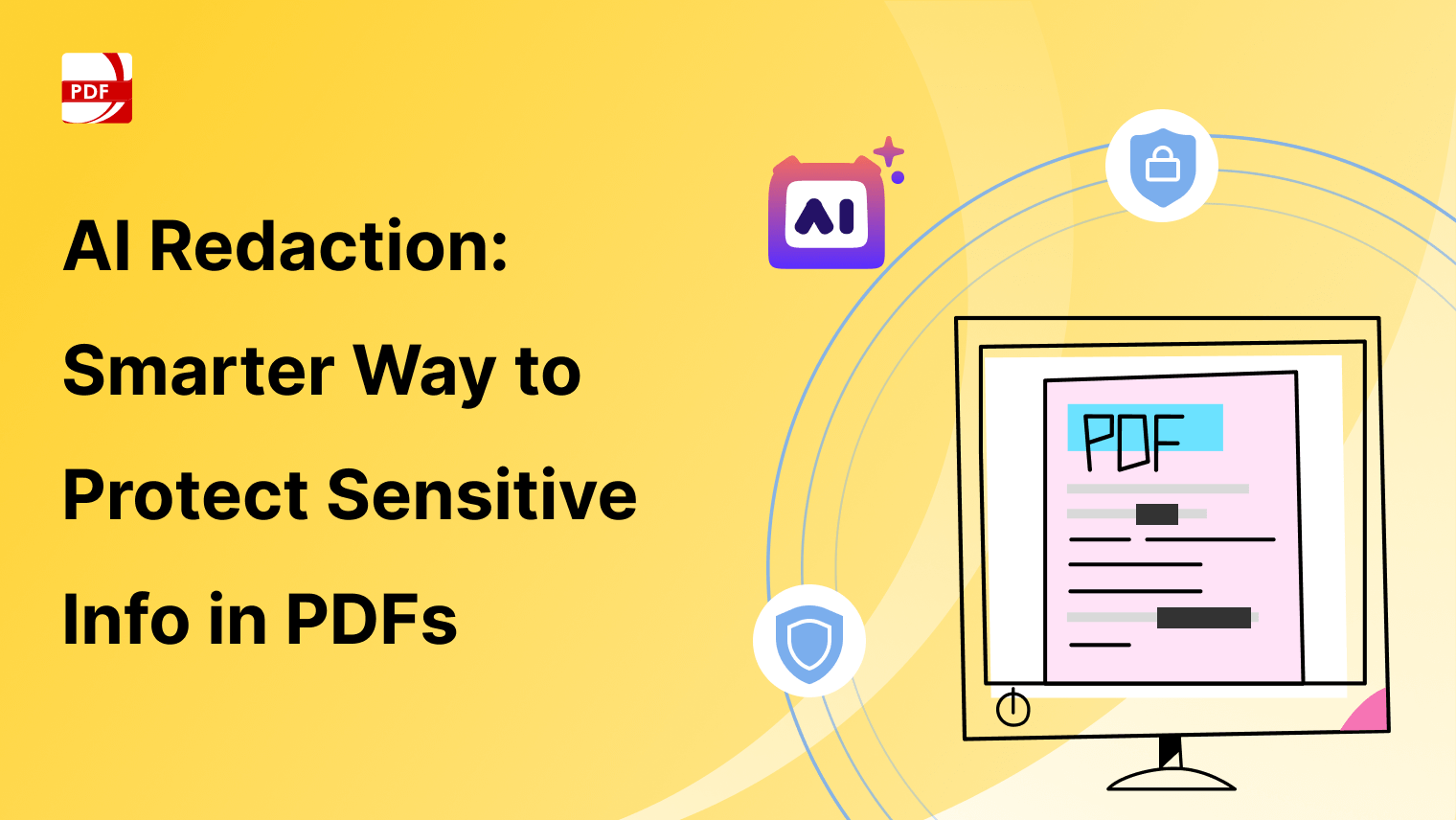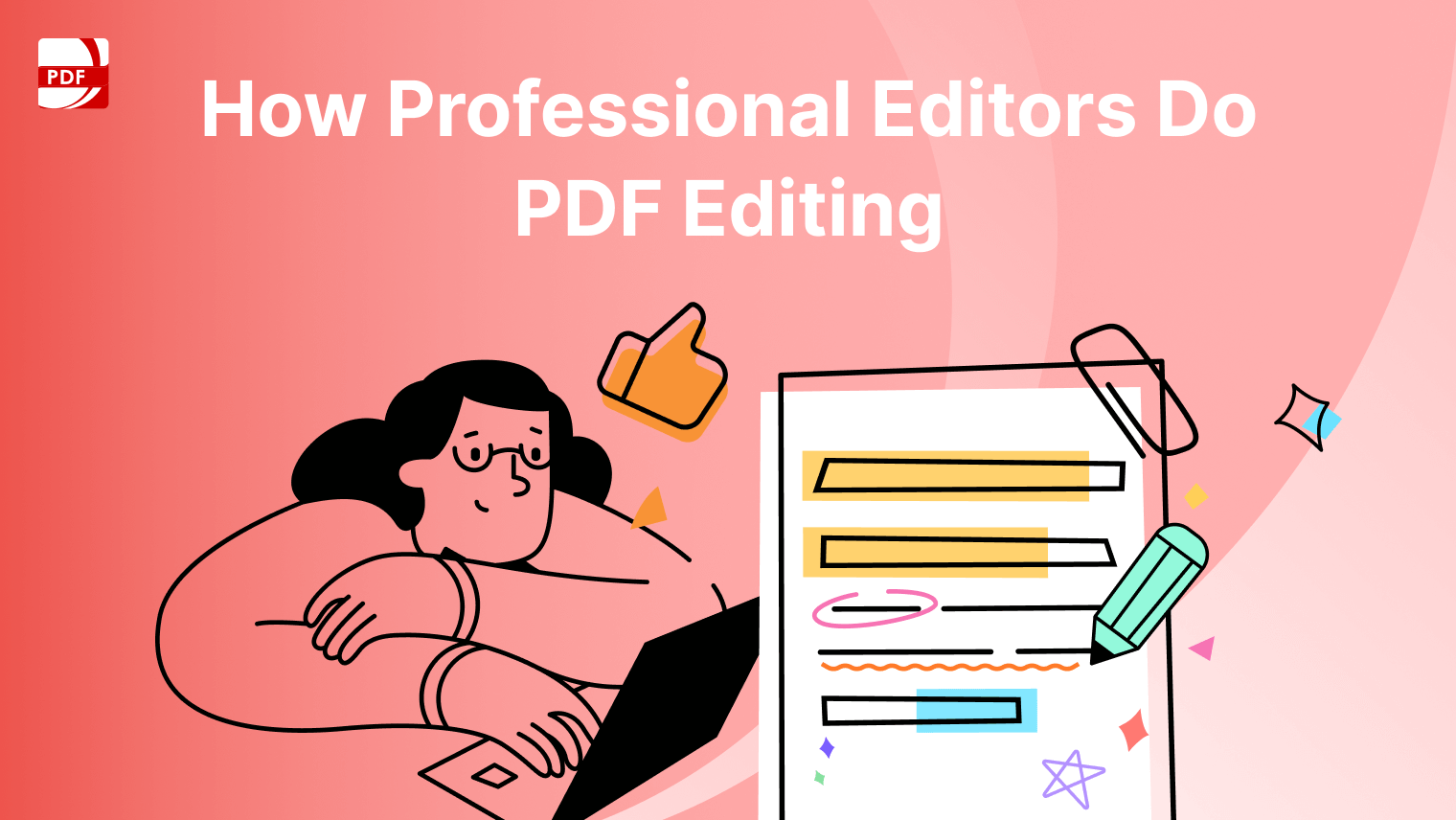Artificial Intelligence (AI) represents one of the most rapidly evolving and impactful areas in modern technology. Its influence spans various industries, reshaping the way we live, work, and think. Literature on AI not only provides technical insights but also delves into the ethical, social, and global implications of this transformative technology.
In this introduction, we explore some of the most influential books about AI, each offering unique perspectives on the challenges, opportunities, and future of AI.
- "Life 3.0: Being Human in the Age of Artificial Intelligence" by Max Tegmark
- "Superintelligence: Paths, Dangers, Strategies" by Nick Bostrom
- "Artificial Intelligence: A Guide for Thinking Humans" by Melanie Mitchell
- "AI Superpowers: China, Silicon Valley, and the New World Order" by Kai-Fu Lee
- "Machine Learning For Absolute Beginners: A Plain English Introduction" by O Theobald
- How to Read PDF Books About AI
- Best Books About AI: Best Practices
- Best Books About AI: FAQ
"Life 3.0: Being Human in the Age of Artificial Intelligence" by Max Tegmark

Image source: Amazon
"Life 3.0" by Max Tegmark is an exploration into the future of AI and its implications for humanity. The book delves into ethical considerations and potential scenarios in an AI-dominated future, offering a comprehensive look at how AI might reshape our lives.
Essential Information
- Release Date: August 29, 2017
- Kindle Version Price: $13.99
- Score: 4.4 from 5,332 ratings
Our Review
Max Tegmark's "Life 3.0" is a compelling and insightful exploration into AI's potential impact on the future of humanity. The book stands out for its balanced examination of both the opportunities and challenges posed by advanced AI. It's an essential read for anyone interested in the ethical and existential questions surrounding AI.
"Superintelligence: Paths, Dangers, Strategies" by Nick Bostrom

Image source: Amazon
Nick Bostrom's "Superintelligence" delves into the future prospects and risks of superintelligent AI. It offers thought-provoking scenarios and strategic insights, making it a key resource for understanding the potential pathways of AI development.
Essential Information
- Release Date: July 3, 2014
- Kindle Version Price: $8.79
- Score: 4.3 stars from 4,237 ratings
Our Review
"Superintelligence" is a seminal work in the AI literature landscape. Bostrom's rigorous analysis and exploration of AI's future are both intellectually stimulating and deeply concerning. His book is a must-read for anyone looking to grasp the profound implications of AI surpassing human intelligence.
"Artificial Intelligence: A Guide for Thinking Humans" by Melanie Mitchell

Image source: Amazon
Melanie Mitchell's book is an approachable guide to understanding AI. It balances technical details with broader social implications, making it an accessible and insightful read for a wide audience.
Essential Information
- Release Date: October 15, 2019
- Kindle Version Price: $11.99
- Score: 4.6 stars from 682 ratings
Our Review
Melanie Mitchell's "Artificial Intelligence" is a clear and concise overview of AI for the layperson. Her ability to demystify complex concepts while addressing the broader impacts of AI makes this book an invaluable resource for anyone seeking to understand this rapidly evolving field.
"AI Superpowers: China, Silicon Valley, and the New World Order" by Kai-Fu Lee

Image source: Amazon
Kai-Fu Lee's "AI Superpowers" examines the global AI race, especially between the US and China. The book offers a unique perspective on how AI is reshaping global economics and geopolitics.
Essential Information
- Release Date: September 25, 2018
- Kindle Version Price: $13.49
- Score: 4.4 stars from 3,479 ratings
Our Review
"AI Superpowers" is a crucial read for understanding the geopolitical dynamics of AI. Kai-Fu Lee's insights into the competition between China and Silicon Valley illuminate the strategic, economic, and political aspects of AI development. The book is a fascinating look at the role of AI in shaping the new world order.
"Machine Learning For Absolute Beginners: A Plain English Introduction" by O Theobald

Image source: Amazon
Andrew Ng's "Machine Learning Yearning" is a practical guide to machine learning, focusing on strategy and real-world case studies. It's an essential read for anyone involved in developing AI applications.
Essential Information
- Release Date: June 21, 2017
- Kindle Version Price: $3.90
- Score: 4.4 from 1,510 ratings
Our Review
Andrew Ng’s book is a treasure trove of insights for practitioners in the field of machine learning and AI. "Machine Learning Yearning" excels in breaking down complex concepts into actionable strategies, making it a valuable resource for developers and researchers alike.
How to Read PDF Books About AI
Given AI's complexity, you'll need a PDF reader that can help you digest dense information quickly.

Navigate, edit, and
convert PDFs like a Pro
with PDF Reader Pro
Easily customize PDFs: Edit text, images,
pages, and annotations with ease.
Advanced PDF conversion: Supports
multi-format document processing with OCR.
Seamless workflow on Mac,
Windows, iOS, and Android.
PDF Reader Pro has all the PDF reading and editing features needed for a completely customizable reading experience. Whether you're a businessperson, student, or data scientist, PDF Reader Pro has everything you need to unlock advanced reading and editing enjoyment.
Best Books About AI: Best Practices
When diving into the complex and rapidly evolving field of Artificial Intelligence (AI), choosing the right literature is key to gaining a comprehensive understanding. Whether you're a beginner, a business leader, or someone with a technical background, the wealth of books available can guide you through the nuances of AI, from basic concepts to advanced applications. Here, we discuss best practices for selecting books about AI, integrating key themes and authors who have significantly contributed to the field.
Emphasizing a Solid Foundation in AI
Start with books that offer a basic understanding of AI. It's crucial to grasp the fundamentals, including neural networks, machine learning, and how these technologies are applied in everyday lives. Authors like Ian Goodfellow and Yoshua Bengio have written extensively on these topics, providing a solid foundation for beginners and enthusiasts.
Exploring Deep Learning and Neural Networks
Deep learning and neural networks are at the heart of AI's most significant advancements. Look for books that not only explain these concepts but also offer worked-out examples and pseudo-codes for a more hands-on understanding. This practical approach is invaluable for those looking to apply AI in real-world applications.
Understanding the Impact on Human Life
AI's influence on human life and the future of humanity is a critical area of exploration. Books that discuss the potential futures shaped by AI, and its impact on day-to-day activities, are essential. This includes literature that compares AI to human intelligence, exploring both the synergies and the distinctions.
Considering Ethical Implications and Future Prospects
The ethical implications of AI and its role in the twenty-first century should not be overlooked. Select books that delve into the future of intelligent machines, their role in society, and the ethical considerations they entail. Stuart Russell’s works are particularly notable in this aspect.
Seeking Out Diverse Perspectives
Incorporate a range of perspectives, including those from prominent figures like Stuart Russell, Kai-Fu Lee, and Adelyn Zhou. Their diverse viewpoints, from the technicalities of adversarial networks to AI’s business applications, provide a well-rounded understanding of the field.
Practical Applications in Business and Everyday Life
For those in business or looking to implement AI in practical settings, books focusing on real-world applications and business applications of AI are invaluable. They offer insights into how AI can be integrated into various industries and everyday operations.
Recommendations for Advanced Readers
For readers with a technical or mathematical background, advanced books that delve deeper into the technical aspects of AI, including machine learning algorithms and their mathematical underpinnings, are recommended. Authors like Brian Christian provide in-depth analyses that cater to a more technically savvy audience.
Keeping Updated with Current Trends
AI is a field that is constantly evolving. Staying updated with the latest book recommendations and list of books is crucial. Regularly updated lists can provide the latest and most relevant information in the field.
Best Books About AI: FAQ
What Insights Does Brian Mac Namee Offer in His AI Books?
Brian Mac Namee provides insights into the practical applications of AI, focusing on how machine learning and statistical learning can be applied in various fields. His works often include clear explanations and real-world examples, making them accessible to readers with varying levels of expertise in AI.
How Does Elon Musk's Perspective Influence AI Literature?
Elon Musk's perspective on AI, particularly regarding its ethical implications and potential risks, has significantly influenced AI literature. His views encourage a more cautious and responsible approach to the development and deployment of AI technologies, especially in sensitive areas like autonomous vehicles.
What Are Amir Husain's Contributions to AI Discussions?
Amir Husain's contributions to AI discussions revolve around the future applications of AI and its impact on society and industries. His works often explore the transformative potential of AI in various sectors, offering a visionary outlook on how AI can shape our future.
How Are Autonomous Vehicles Addressed in AI Literature?
Autonomous vehicles are a prominent topic in AI literature, reflecting the technological progress in this field. Books on this subject typically cover the technical aspects of how AI drives these vehicles, the challenges involved, and the broader implications for society and urban planning.
What Can Readers Learn from Pedro Domingos' AI Books?
Pedro Domingos’ books provide a comprehensive overview of the algorithms that power AI, including in-depth discussions on topics like machine learning and neural networks. His writing is known for balancing technical detail with broader conceptual understanding.
How Does Stephen Baker Approach AI in His Writing?
Stephen Baker approaches AI by focusing on its impact on human life, especially in the context of data analysis and decision-making. His books are insightful for understanding how AI algorithms interpret and use data, and how this affects everyday decisions and strategies in business and life.
What Do Avi Goldfarb and Joshua Gans Offer in Their AI Books?
Avi Goldfarb and Joshua Gans offer insights into how AI is reshaping the economy. Their books often discuss AI's impact on innovation, productivity, and economic structures, providing valuable perspectives for business leaders and economists.
How Does Becky Chambers's Writing Contribute to AI Fiction?
Becky Chambers's writing in AI fiction often explores humanistic and ethical dimensions of AI. Her narrative style blends AI concepts with storytelling, offering a unique perspective on how AI integrates with and influences human lives and relationships.
What Role Does the Theme of 'Bounty Hunter' Play in AI Fiction?
The theme of 'Bounty Hunter' in AI fiction usually revolves around the use of AI in law enforcement and surveillance. It explores the moral and ethical dilemmas in a future where AI is used to track and apprehend individuals, raising questions about privacy and autonomy.
How Does Chen Qiufan Address AI in His Works?
Chen Qiufan's works often focus on the societal and cultural impacts of AI. His stories usually present a futuristic world where AI influences every aspect of life, challenging readers to consider the social and ethical ramifications of these technological advancements.
What Perspective Does Demis Hassabis Bring to AI Literature?
As a pioneer in AI, Demis Hassabis brings a unique perspective to AI literature, often focusing on the cutting-edge developments in fields like deep learning and reinforcement learning. His insights are invaluable for understanding the current capabilities and future potential of AI.
How Is the Concept of 'Genius Makers' Explored in AI Books?
'Genius Makers' in AI books typically refer to the individuals and teams behind major breakthroughs in AI technology. These narratives often highlight the human stories and intellectual challenges behind the development of sophisticated AI systems.
What Do Luca Massaron, Mariya Yao, and Marlene Jia Contribute to AI Literature?
Luca Massaron, Mariya Yao, and Marlene Jia contribute to AI literature by providing practical guidance on applying AI and machine learning in various fields. Their works are particularly useful for professionals seeking to implement AI strategies in business contexts.
How Is Quantum Computing Discussed in Relation to AI?
Quantum computing is discussed in AI literature in the context of its potential to revolutionize AI's capabilities. Books covering this topic delve into how quantum computing could enable more complex and efficient AI algorithms, impacting fields like data analysis and cryptographic security.
What Role Does 'Random Forests' Play in AI Discussions?
'Random Forests' in AI discussions is a machine learning algorithm used for classification and regression tasks. Literature covering this topic typically includes technical explanations, mathematical analyses, and practical applications of this algorithm in AI systems.







 Support Chat
Support Chat